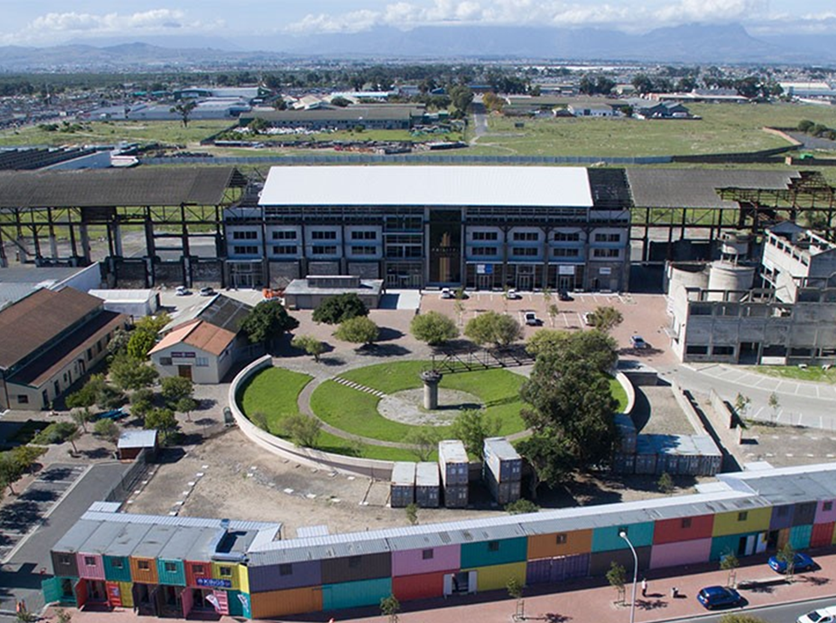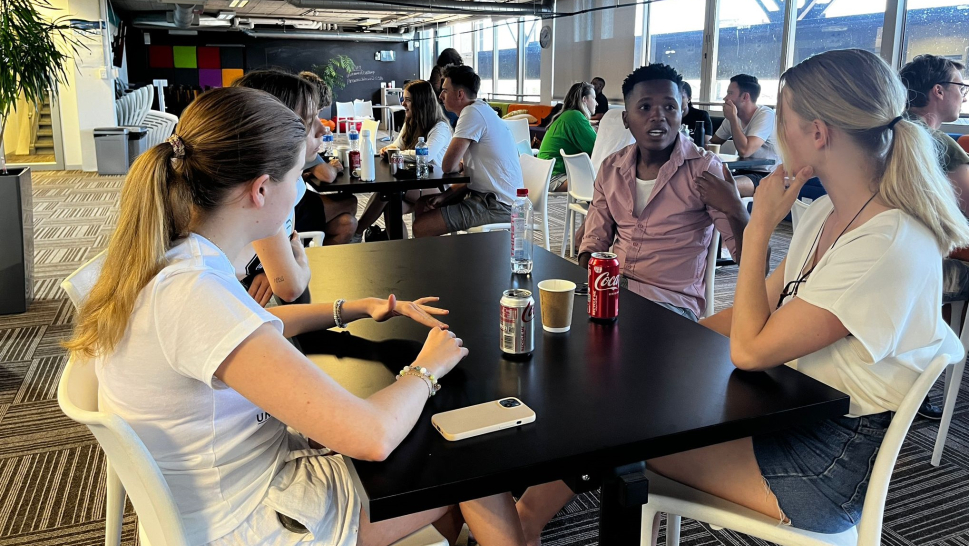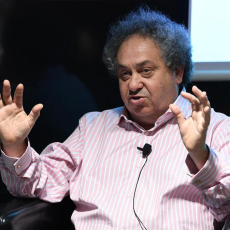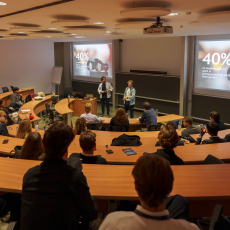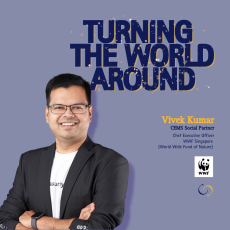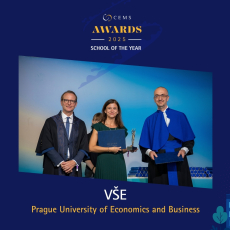In South Africa, the University of Cape Town Graduate School of Business (UCT GSB) is uniquely placed to teach the CEMS Global citizenship course by leveraging the extensive networks and relationships fostered through the UCT GSB Solution Spaces. These Spaces provide an environment in which Africa’s entrepreneurial talent can work towards building innovative, scalable, and sustainable enterprises that positively impact the African continent and beyond.
But with the main UCT GSB campus situated in the affluent, more picturesque part of Cape Town, the School recognised more must be done to accurately reflect the many challenges that most locals face. That’s why, in 2017, the UCT GSB set up a second satellite space in Philippi, an area that has a large youth population and high unemployment.
The vision for UCT GSB Solution Space in Philippi was to create an innovation and entrepreneurship hub with strong community networks and resources that could draw on local insights, create opportunities for entrepreneurs, and enable economic inclusion for those excluded from mainstream development.
Although a teaching space, it is first and foremost an environment where South Africa’s entrepreneurial talent can work towards developing innovative, scalable, and sustainable enterprises that have a positive impact at home and abroad.
Visiting the UCT GSB Solution Space Philippi Village
As part of the Global Citizenship Seminar, CEMS students travel to the Phillipi Village Solution Space, to understand and explore some of the challenges and opportunities of living, working, and doing business in this township context.
Students learn from UCT GSB colleagues and local entrepreneurs about how the space provides support for start-up teams, enabling them to build scalable businesses with the potential for international expansion. Businesses include Regenize, recycling service that provides free residential roadside collection. Currently, only 7.5% of South Africans recycle, largely because they can’t afford the collection costs. Reenergize incentivises locals to recycle, reducing the amount of waste sent to landfills, while also employing waste pickers to perform collections. This not only creates jobs but ensures waste pickers are safeguarded from rummaging through potentially dangerous landfill sites.

Learning, not fixing
As part of the visit to Philippi, CEMS students focus on a sustainable development challenge and produce a proposal for a social innovation intervention to address the issue. Proposals are presented to local entrepreneurs and residents – and the results are often eye-opening.
“Some students come with good intentions to fix local problems, however when they present their ideas to local residents, they realise their ideas will simply not work in the local context,” explains Dr Annika Surmeier, Academic Director of the CEMS MIM at the University of Cape Town Graduate School of Business.
“Most of the social entrepreneurs at the Solution Space Philippi Village have grown up and lived in the local community, so have an intimate understanding of the many challenges on their own doorstep and the fact that solutions must be localised. A key learning point for our CEMS students is to widen the lens through which they come up with solutions to problems. CEMS students will normally leave having learned something valuable, rather than coming up with all the answers!”
Challenging students around global citizenship
The CEMS students appreciate this challenging-driven and experiential learning approach. One CEMS student underlined that “the discussions with the local entrepreneurs were very valuable and provided many insights”. Another student explained that she found the course valuable because “as CEMS students we normally come from very advantaged backgrounds, and we often lack other perspectives of the world.”
Annika added: “Ultimately, we aim to challenge our CEMS students around the notion of global citizenship and what that means in different contexts. We hope they leave Philippi with a better understanding of how sustainable development challenges manifest in particular communities and how this affects people’s lives, as well as opportunities and challenges for business and entrepreneurs in those areas,”
